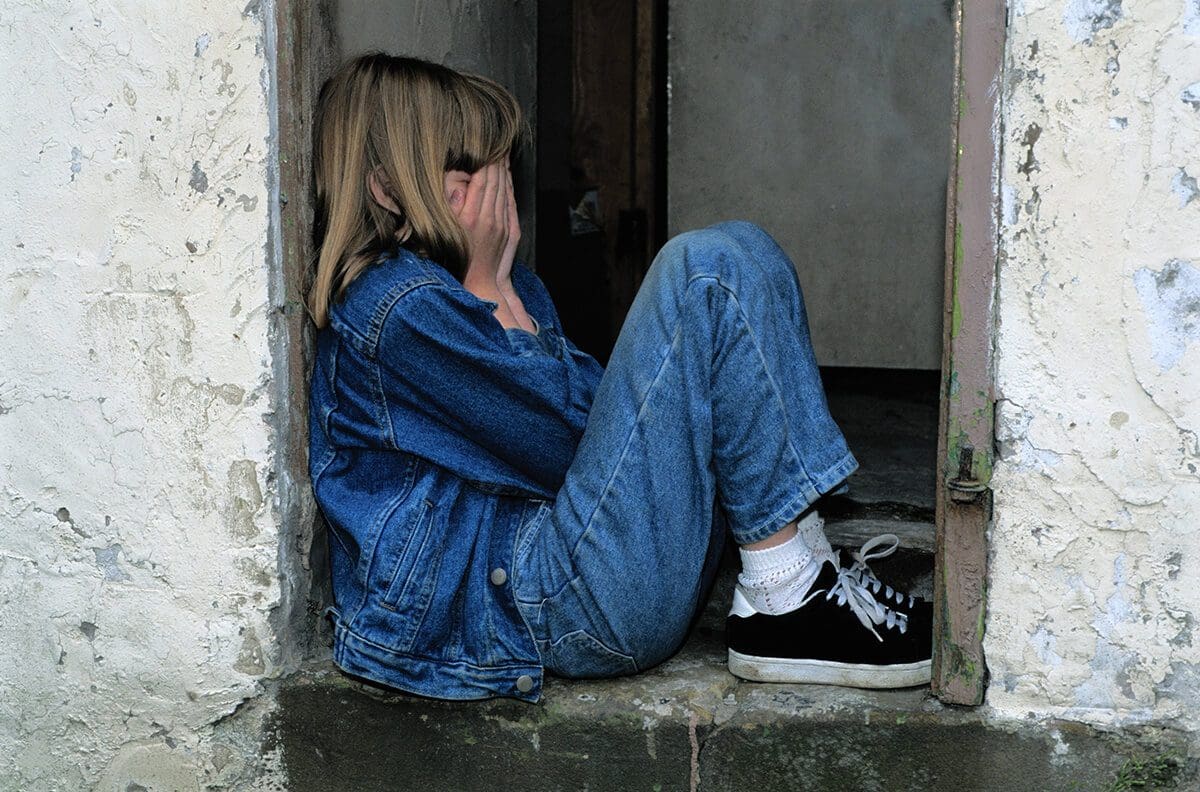On this Father’s Day when we should be celebrating our connection and love for our fathers, how can those of us with strained, non-existent, or toxic relationships with our fathers protect ourselves from feeling resentful about past or present issues that we can’t seem to overcome or even heal?
As daughters, our first relationship we have with a man is with our fathers. If this relationship proves to be toxic and emotionally harmful, what we learn is that men aren’t safe or that we as women aren’t enough. The tendency to attract relationships with men that are toxic later in life, unfortunately tends to be more than likely. For men, the eventual possibility of repeating patterns is a high probability.
One incredibly good resource is the book The Unavailable Father by Sarah Simms Rosenthal. In this book Rosenthal talks about the six types of unavailable fathers:
- The disapproving father
- The mentally ill father
- The substance abusing father
- The abusive father
- The unreliable father
- The absent father
Please note that there can be combinations of the list above. The substance abusing father is probably also unreliable and absent, as well as abusive whether it be emotionally or physically. It never seems to be one or the other but rather, a combination. Some other traits of the dysfunctional father could look like:
- A father that always compared you to your siblings or cousins who he thought were better than you
- A father that would never listen to your opinion or invalidated you and shut you down because he always had to be right
- It’s always about him and how you have disappointed him
- Nothing is for free, there are always impossible or unbearable strings attached that ultimately sucks your energy dry, leaving you feeling perpetually exhausted because there is no pleasing him
So how do we heal from this?
For starters, consider the list above and figure out what type of father you had. How were you treated by your father as a child? Sometimes talking about it with your older siblings or your mother may shed some light on parts of your relationship with your father that you may not remember.
If you don’t have older siblings or siblings, it may help to journal about your relationship with your father. Journaling will sometimes reveal information that you weren’t expecting to surface.
As you go through this process, remember that you were a young child and things that happened to you may not seem like a big deal as an adult, but as a child, what seems like inconsequential trauma’s, were huge events that shaped your relationship to your father as a child. As children our cognitive ability to deal with traumatic events, as minor as they may seem, hasn’t developed yet. Our executive functioning, which is our ability to self-control, flexible thinking, and managing our emotional bodies, are still developing and continues into our early 20’s.
Explore what your coping skills were as a child dealing with a dysfunctional father:
- Did you hide in the closet?
- Stay away from home as much as possible?
- Pick fights with your father to retaliate?
- Act out by getting in trouble at school in order to get attention?
- Did you become an overachiever, getting straight A’s in school in order to be acknowledged?
- Were you afraid to have friends over because you didn’t know what kind of mood your father would be in?
- Were your boundaries regularly breached?

What coping skills from your personal list are still active in your life right now?
Are you still using these coping skills to keep yourself safe? Consider the possibility that these coping skills may no longer serve you and may be getting in the way of your ability to live a life that makes you truly happy. Look at what it is that you need to let go of in order to move forward in a more productive direction. What are some viable daily actions that you can take in order to move in a different direction?
As a child growing up with a dysfunctional parent, we tend to find very creative ways to keep ourselves safe. We make (hidden or underlying) commitments at a very young age which we have completely forgotten about. Until we begin to seriously dive into our own process of healing by procuring a life coach, most of us don’t even realize that we have hidden or underlying commitments.
But these commitments are so deep and engrained that they are actually our strongest commitments and they overshadow all other commitments because they live in our unconscious mind and drive our thoughts, our actions, our beliefs, and ultimately shape our realities and day to day behaviors. Unfortunately, underlying commitments keep us from achieving our idea of ultimate success and happiness because it stops us in our tracks.
Some hidden or underlying commitments we make as children can sound like:
- Nobody will ever tell me what to do…not even myself
- I will stay quiet and not speak my feelings out loud to stay safe
- I will stay small so no-one calls me stupid
- I will control everything and everyone in order to stay safe
- The world owes me and I will not give anything back
Your personal journey towards healing:
The best place to start in your personal journey towards healing is forgiveness. And you can start the first step today, on Father’s Day!
The act of forgiveness is not about condoning behavior, it’s not even about forgiving the perpetrator. Forgiveness is a choice and a vital part of healing yourself and your heart. It is actually an act of self-love and freeing yourself from the chains that bonds and ties you to your past in order to move powerfully forward into your own design of what you want your life to be.
In forgiveness we give ourselves permission to let go of the anger, judgments, blame, and resentment that has built up over a lifetime. When you can soften to the idea of forgiveness you can start setting realistic expectations that maybe your father will never change and be OK with it because you are the one that healed yourself and your relationship with yourself.
Forgiveness and not having any expectations allows for your triggers to fall away, so you can pick your battles, or even stop choosing to battle at all if the relationship is beyond repair and irreconcilable.
In this container of forgiveness we discover that every negative event is objective, we assign it some kind of personal meaning such as: I’m not good enough, smart enough, loveable, acceptable etc. Our rational minds are wired to evaluate, qualify, and categorize any given situation as good or bad, negative or positive, right or wrong. Forgiveness allows us to let that all go, in forgiveness we learn that we don’t have to choose to give a once toxic situation any personal meaning, or for it to have power over us ever again.
This uncovering can sometimes be a very hard and painful process so it’s important to have support around you if you choose to dive into healing your relationship with yourself first by moving into a place of self forgiveness . This process of healing is best done with an experienced Guide that is thoroughly trained and can hold space through your process. Find your perfect guide and start living the life you deserve, it will undoubtedly be the most important gift that you can give to yourself.




